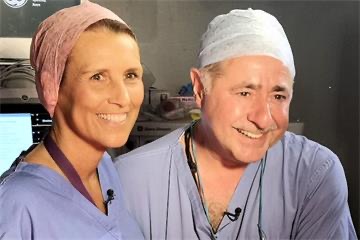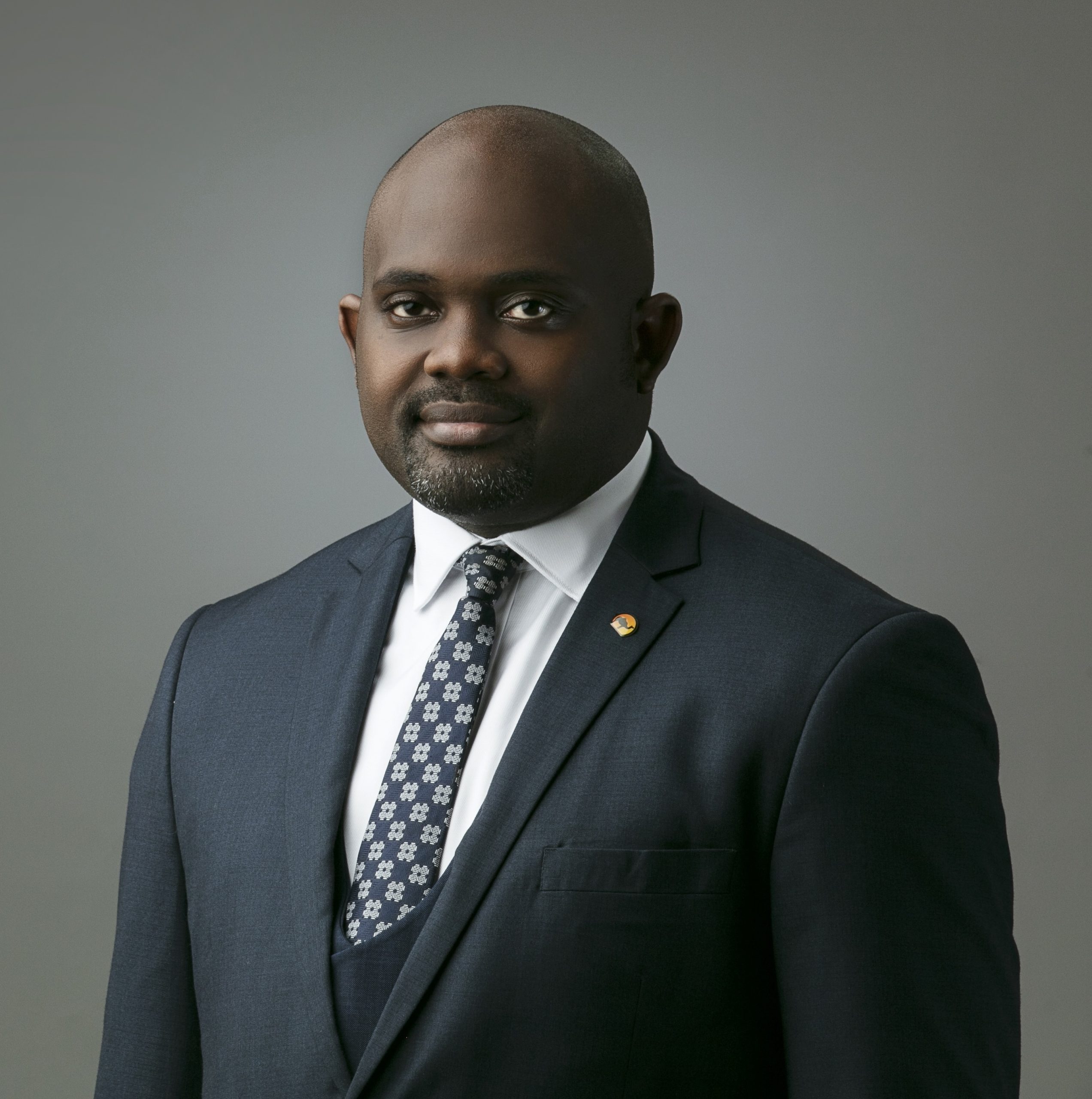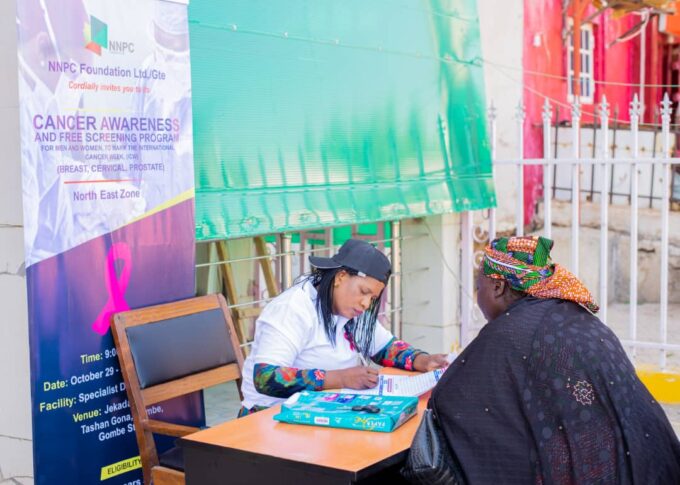After more than 25 years of research, a team has performed the first womb transplant in the UK, giving a woman who was born without a functioning womb the possibility of getting pregnant and carrying her own baby. As detailed in a case report published today by the BJOG, an international journal of obstetrics and gynaecology, both the woman and the donor, her sister, have recovered well. They wish to remain anonymous.
The transplant was undertaken as part of the UK living donor programme, which is sponsored and funded by the charity Womb Transplant UK, following approval from the Human Tissue Authority. The surgical team was co-led by surgeons at Imperial College Healthcare NHS Trust and Oxford University Hospitals (OUH) NHS Foundation Trust.
Both the donor operation and subsequent transplant took place at the Oxford Transplant Centre at OUH’s Churchill Hospital. The two procedures overlapped and together took almost 18 hours. The operations took place on a Sunday in early 2023 when NHS facilities were not being used by NHS patients. The whole surgical and anaesthetic team volunteered and took part in their own time.
All being well, the recipient will undergo embryo transfer later this year at the Lister Fertility Clinic in London, part of HCA Healthcare UK. Once pregnancy is confirmed the recipient will be closely monitored in a specialist antenatal clinic at Queen Charlotte’s and Chelsea Hospital, where the delivery would also take place.
One in five thousand women in the UK are born without a viable womb and are unable to conceive and carry their own child. Many other women have had to have their womb removed following cancer or other illnesses and conditions, including endometriosis. While this is the first transplant of its kind in the UK, approximately 100 transplants have been performed globally, with around 50 babies born so far. The first successful womb transplant operations were carried out in 2013 at Gothenburg in Sweden.
More than 25 years of womb transplant research in the UK has led to the development of a number of other surgical procedures. This includes the development of the abdominal radical trachelectomy, which has enabled fertility preservation of many thousands of women with early-stage cervical cancer, and the modified Strassman Procedure, which has been used to preserve the reproductive potential of women with placental site tumours, and other conditions.
The womb transplant operations were co-led by Professor Richard Smith and Miss Isabel Quiroga. Professor Smith, who is also founder and chair of the charity Womb Transplant UK, is a consultant gynaecological surgeon at Imperial College Healthcare NHS Trust and professor of practice at Imperial College London.
He said: “This is a first for the UK, following over 25 years of research, and is only possible thanks to the recipient’s sister who came forward and was willing to donate.
“It is still very early days but, if all continues to go well, we hope the recipient will continue to progress, and be in a position to have a baby in the coming years. We are grateful to the charity Womb Transplant UK for funding the transplant and to our highly talented colleagues for their time and expertise over many years.
“Any further transplants will depend on the willingness of suitable donors and funding for the operations, which comes through Womb Transplant UK. However, we very much hope we will be able to help other women born without or with underdeveloped wombs in the near future.”
Isabel Quiroga is an OUH consultant transplant and endocrine surgeon and clinical lead for organ retrieval at the Oxford Transplant Centre.
She said: “It was a privilege to carry out the UK’s first womb transplant. The operations, while long and complex, went according to plan and I am delighted to see that the donor and recipient are recovering well.
“I look forward to the time when this procedure becomes more common and more women have the opportunity to have their own baby.”
Jessica Porter, head of regulation at the Human Tissue Authority, said: “All organ donations from living people in the UK must be approved by the Human Tissue Authority (HTA) before they can proceed. The HTA checks that consent is in place and there is no duress, coercion or reward.”













